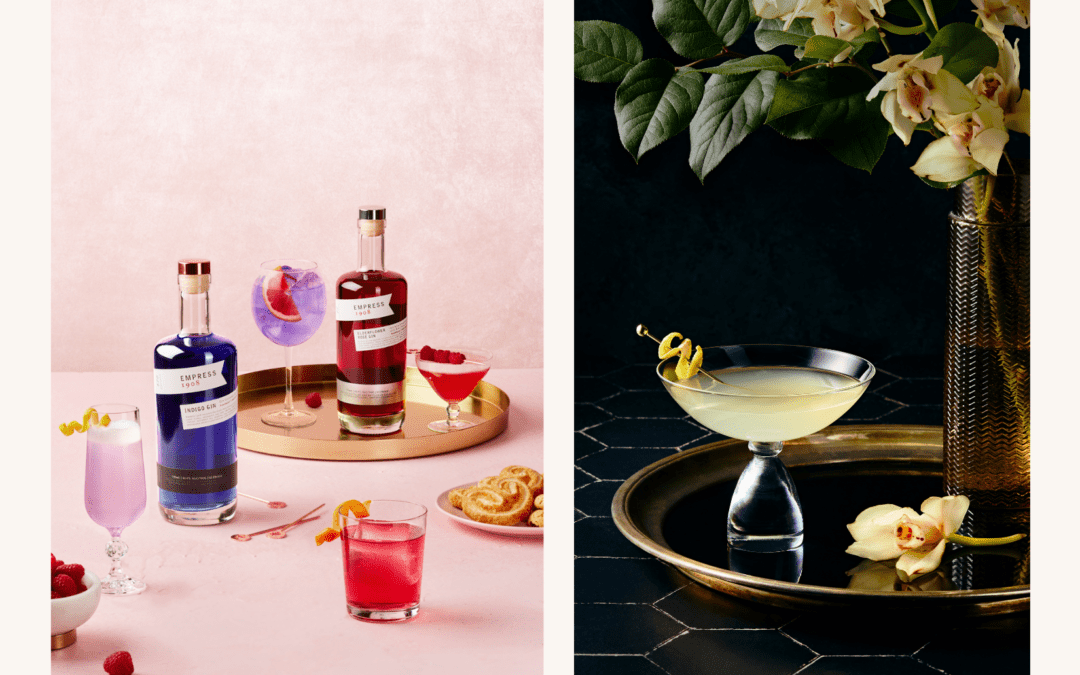Most Recent Blog Posts

Capturing the Mood: How Different Lighting Setups Can Influence the Feel of Your Food Photos
When it comes to food photography, lighting setups are everything. They can make or break a shot, setting the mood and influencing how your audience perceives the dish. From bright and airy to dark...
The Color Tools in Capture One Pro
One of the primary defining features of Capture One is the color management architecture. Capture One uses a different color engine than does Adobe, and many photographers claim that it is the superior one. This is an arguable point, but there is no denying that Capture One offers robust tools for enhancing color in your food photography.
How to Use Composition Overlays for Food Photography
Have you ever been asked to use a composition overlay by a food photography client? If you’ve ever shot a magazine cover or worked on a product packaging gig, then chances are you have. If not, you may be wondering, what is a composition overlay? Read on and find out all about this awesome tool and how it can help you take your food photography to the next level.
Why You Should Shoot Tethered for Food Photography
If you’re working professionally as a food photographer, you need to shoot tethered. Tethering is the single best way to improve your images, speed up your workflow, and make sure that you deliver the client what they want. Keep reading to find out more about shooting tethered >>
What’s New with Capture One 22
After much hype, Capture One 22 rolled out and I’d like to share some of my impressions.There are four main new features this updated version of the software as well as some notable improvements. Keep reading to take a look at a few of these features that are relevant to us as food photographers.
My Five Biggest Mistakes in My Photography Business
When it comes to business, making mistakes in inevitable. If you’re floundering in your photography business, keep reading to find out the five biggest mistakes I’ve made in my photography business, and how you can avoid them.
Four Big Mistakes in Pricing Commercial Food Photography
Pricing is something that every photographer struggles with on some level, but pricing for food photographers can be extra challenging. Even experienced photographers make mistakes with pricing – Click here to find out how you can avoid these pricing errors!
More Thoughts on Pricing Your Food Photography
Pricing your food photos is definitely tricky and involves so many different factors. How you price your photos depends on your skill set and experience, your target market, where you live, and even your business model. One thing that I have noticed is that most photographers undercharge, and often by a lot.
Tips for Creating Your Food Photography Contract
If you’re a photographer working with clients, you need to have a contract to put the parameters of the job in writing. When photo jobs go sideways, a contract protects not only you, but also your client in the event of any unmet expectations. Find out More >>
The Basics of Shooting with Multiple Lights
As a food photographer, you can shoot with natural or artificial light. If you want to shoot commercially, you need to use artificial light—often several of them. Keep reading to find out how to control and manipulate light so you can predict what your light is going to do.
Getting to Know Capture One
Are you curious about what Capture One can offer you as a food photographer? Are you a Lightroom user who loves the program but are unsatisfied with the tethering performance? Well, read on about some of the key features of Capture One Pro. >>
More Flatlay Tips for Food Photography
Food photography flatlays are incredibly popular – borrowed from the editorial photography world to describe an overhead shot (taken at ninety degrees), often of several elements composed within the frame. Click to learn the best flatlay tips for food photography.
Visual Weight
The concept of visual weight often gets overlooked for more familiar principles like rule-of-thirds, yet it’s one of the most basic and fundamental concepts in photography. But what about when we’re talking food photography? Keep reading to find out!
